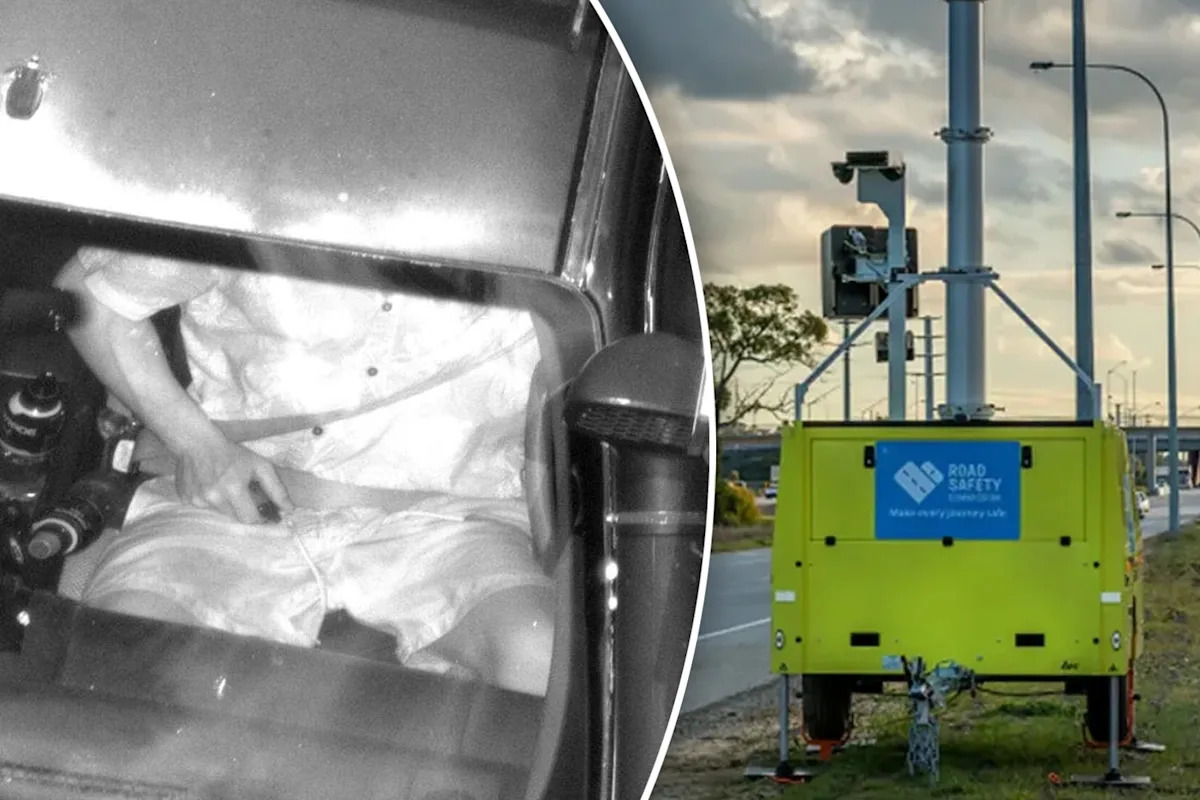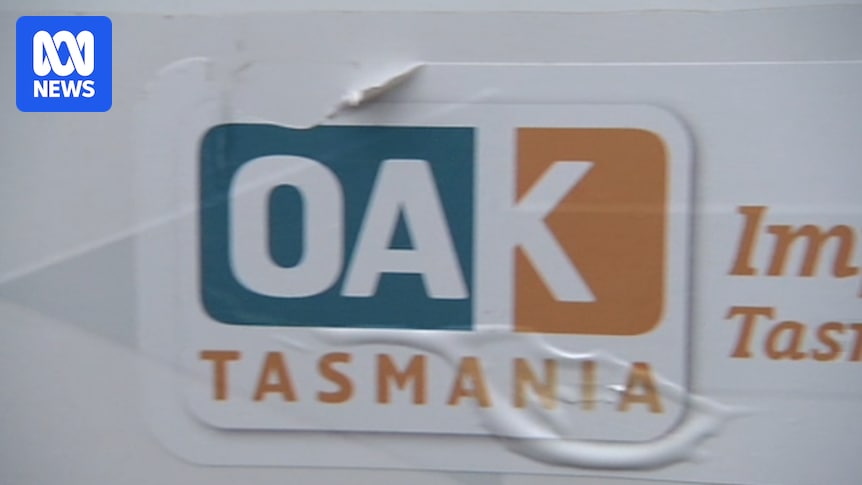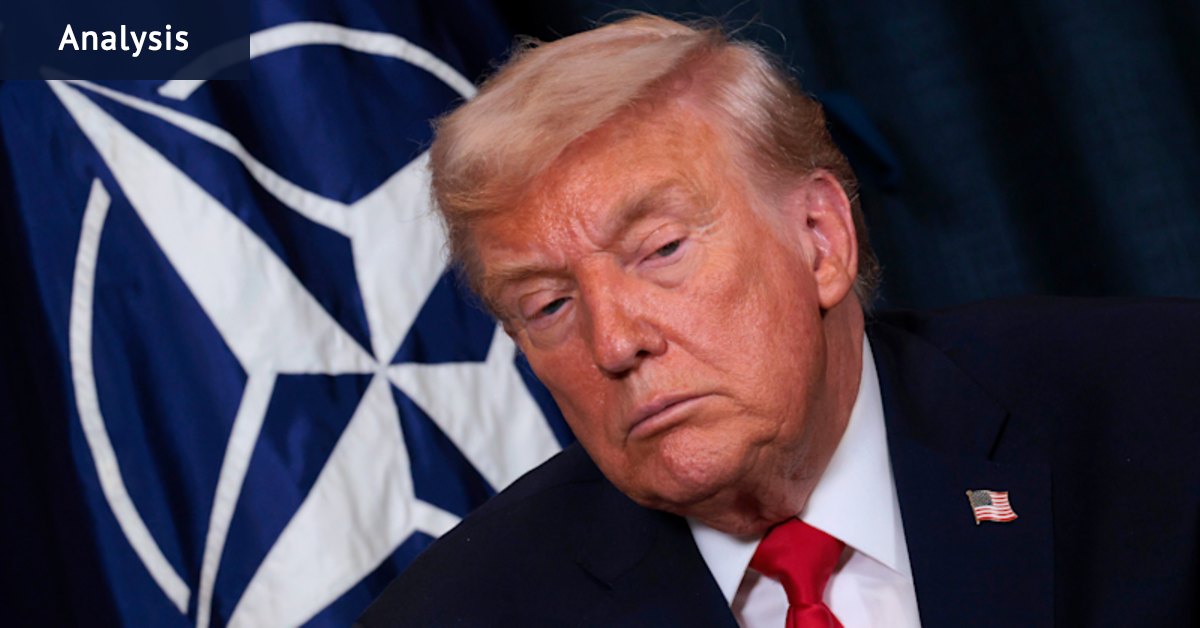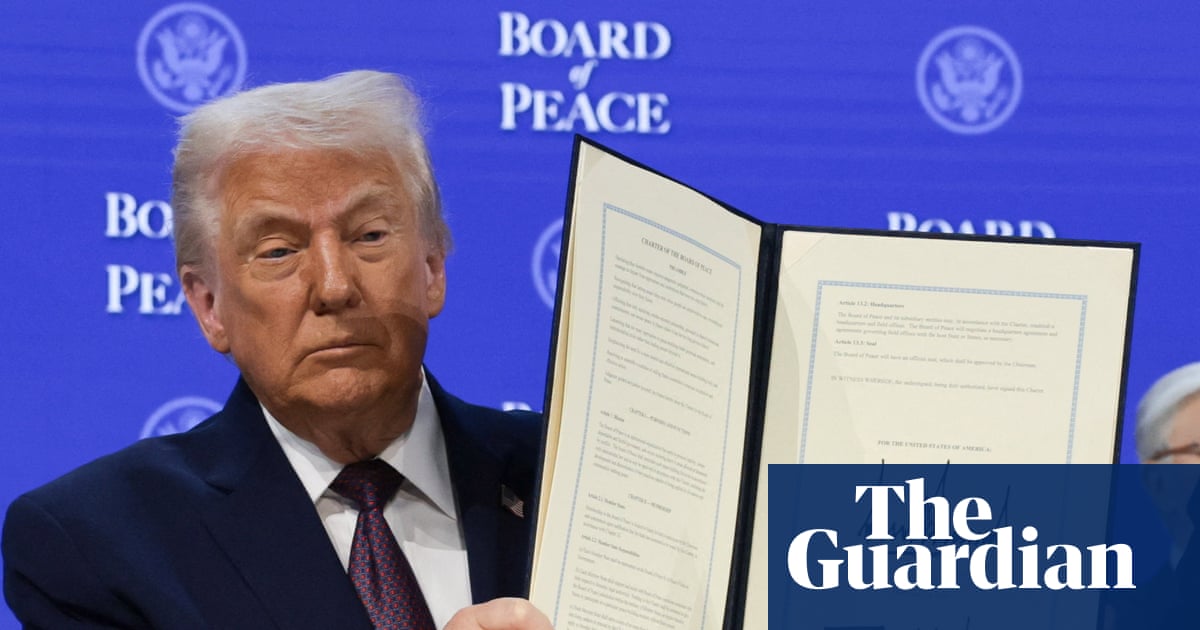
European diplomats have issued a stark warning to the Kremlin, stating that NATO is prepared to respond decisively to any further violations of its airspace. This includes the potential for shooting down Russian aircraft, according to officials familiar with the discussions. The warning follows a tense meeting in Moscow this week, where British, French, and German envoys expressed their concerns over a recent incursion by three Russian MiG-31 fighter jets over Estonia.
The meeting, which took place amidst heightened tensions, saw European diplomats confronting Russian officials about the airspace violation. According to sources who spoke on condition of anonymity, the diplomats concluded that the incursion was a deliberate action ordered by Russian commanders. In response, Russian officials have denied any breach of Estonian airspace, asserting that their planes did not cross the border and claiming that a separate incident involving drones entering Poland was a mistake.
Backdrop of Rising Tensions
This development comes at a time when relations between Russia and NATO are increasingly strained. During the talks, a Russian diplomat reportedly stated that the incursions were in retaliation for Ukrainian attacks on Crimea, which Russia claims were supported by NATO. The Kremlin has argued that these operations signify an ongoing confrontation involving European nations.
A German government official confirmed the occurrence of the meeting, emphasizing that the ambassadors communicated to Moscow that such incursions must cease. However, UK and French representatives were not immediately available to comment on the proceedings.
“The violation had been a deliberate tactic ordered by Russian commanders,” an anonymous official noted.
Implications for International Relations
The warning from NATO underscores the fragile state of international relations in Eastern Europe. The potential for military escalation is a significant concern, with experts warning that any misstep could lead to a broader conflict. “This is a critical moment for NATO and its allies,” said Dr. Elena Kovalenko, a political analyst specializing in Eastern European affairs. “The alliance must navigate these provocations carefully to avoid unintended consequences.”
Historically, airspace violations have been a flashpoint in international relations, often serving as a precursor to larger conflicts. The current situation echoes past incidents during the Cold War, where airspace breaches led to diplomatic standoffs and military posturing.
Domestic Debates on Climate Action in Australia
Meanwhile, in Australia, a heated exchange unfolded between Nationals senator Bridget McKenzie and independent MP Zali Steggall over the country’s approach to climate action and achieving net zero emissions by 2050. The debate, which aired on Sky, highlighted the deep divisions within Australian politics regarding environmental policy and economic implications.
Senator McKenzie criticized the net zero target, arguing that it lacks transparency and fails to address the social, economic, and environmental costs. “I’ve always said that net zero by 2050 was never going to be net zero. Someone will have to pay, and we needed to have an honest, upfront, data-driven debate about who that was,” McKenzie stated.
“There will be a lot of emotion about the climate crisis, and there will be no respectful, honest debate about what the cost is,” McKenzie argued.
In contrast, MP Steggall emphasized the geopolitical and environmental stakes, pointing to the rapid adoption of renewable energy by countries like China. “The reality is, you’ve got America completely ceding the place to China when it comes to the post-fossil fuel world,” Steggall responded.
She further highlighted the costs of climate change, particularly for regional communities, and criticized the conservative side of politics for its perceived inaction. “We have the denial from the conservative side of politics, whilst ordinary Australians are paying the price for delay and denial,” she added.
Looking Ahead
The international community will be closely watching Russia’s next moves, as any further provocations could trigger a robust response from NATO. The alliance’s readiness to defend its airspace is clear, but the path forward remains fraught with uncertainty.
In Australia, the climate debate is set to continue, with policymakers grappling with the challenge of balancing economic growth with environmental sustainability. As the world transitions to a greener future, the pressure on governments to act decisively will only intensify.
The coming months will be critical in determining the trajectory of these geopolitical and domestic issues, with potential implications for global stability and environmental policy.






